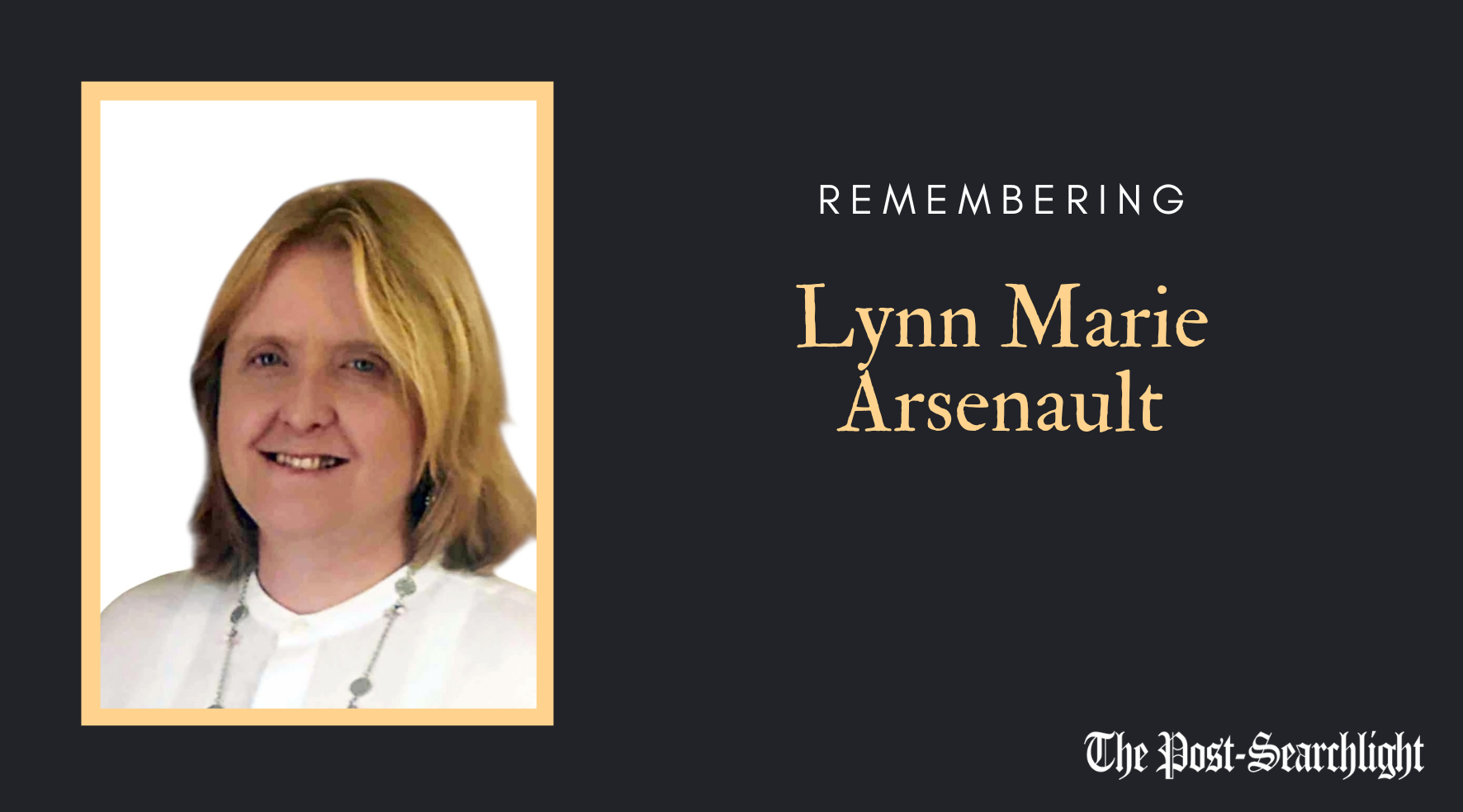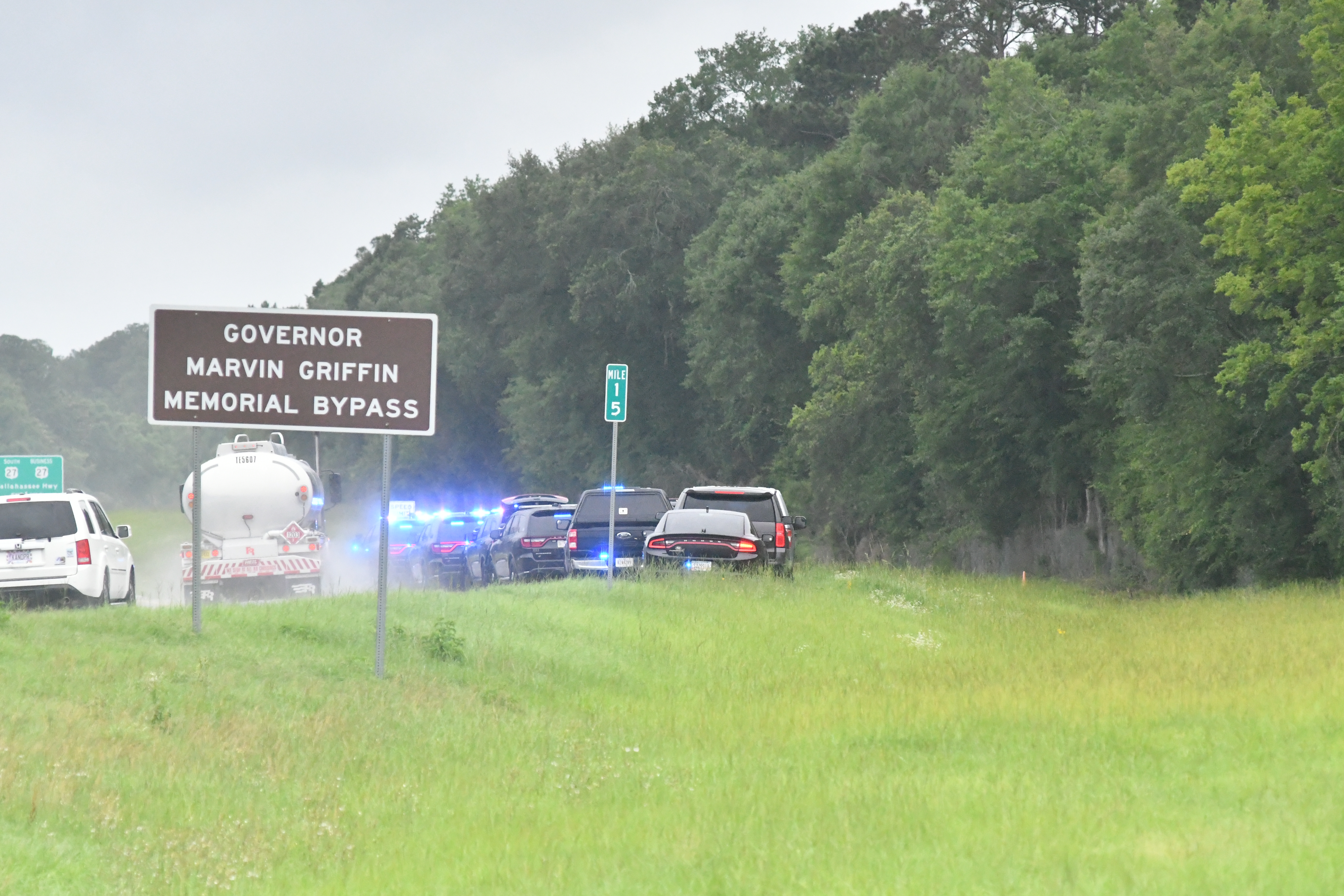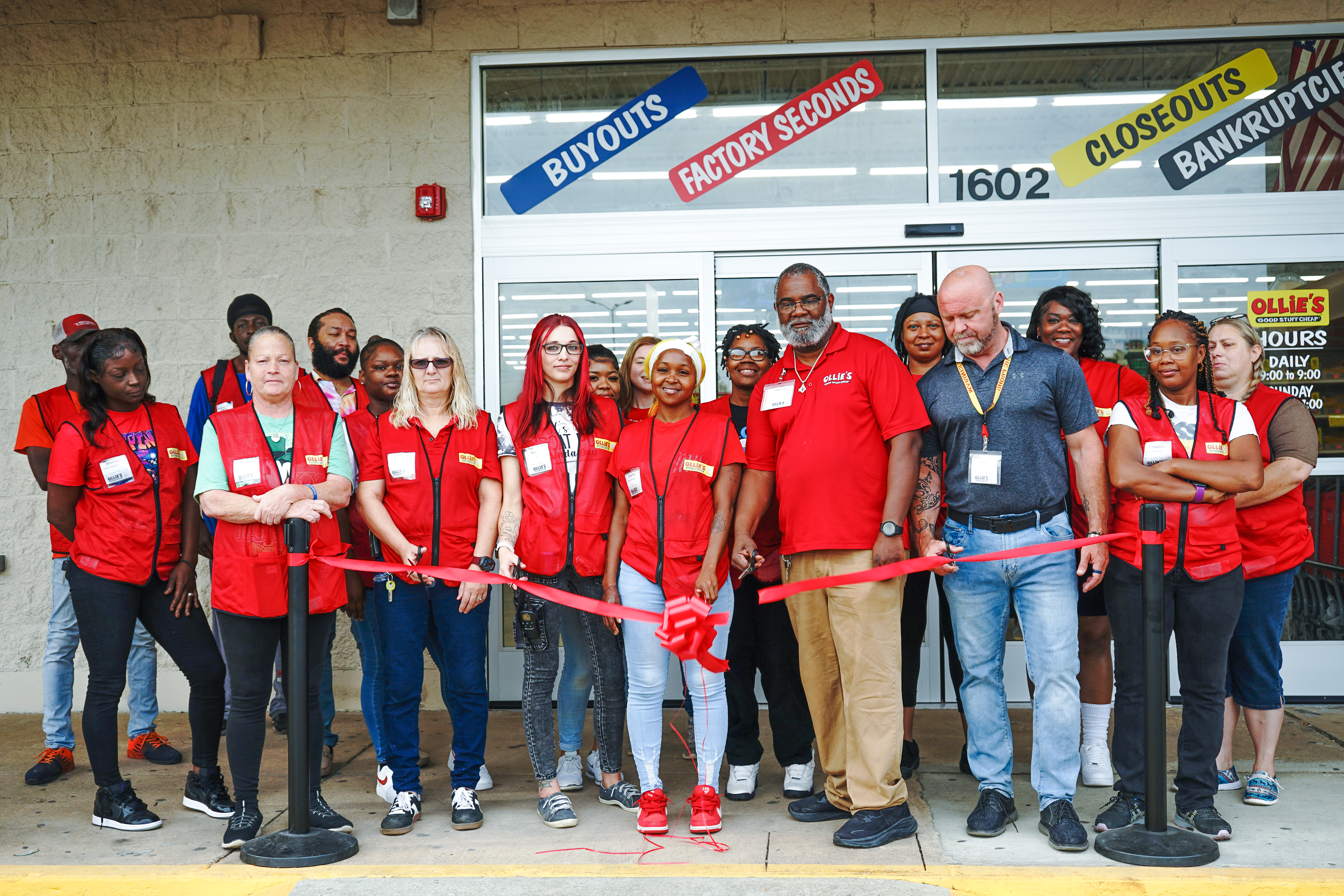Music with meaning
Published 1:39 pm Tuesday, September 29, 2009
It was like church, only there was no air-conditioning. We sat on the hard benches, packed between people we didn’t know. There were funeral home fans swatting back and forth to move the stifling air. The only person on the stage I recognized the entire night was Minnie Pearl.
My first trip the Grand Ole Opry in Nashville was at the Ryman Auditorium in downtown Nashville. It was built in 1892 by a riverboat captain. The Opry began performing there during World War II. Along the way, it became known as the “Carnegie Hall of the South”.
It didn’t really matter to me. As a kid, I wasn’t a fan of hot air, hard benches or country music. I was taking classical piano and liked rock ‘n’ roll. The twang of the old-time stars of country music like Roy Acuff, Hank Williams and Patsy Cline just didn’t do anything for me.
My second visit to the Grand Ole Opry was in the late 1970s, after they had moved to their new home at the Opryland Resort. I took my new bride to see a show. She was one of the few people to whom country music was even more foreign than it was to me.
Thankfully, it was air-conditioned in its new home, but the format and even the music was largely the same. With the Opry being a live radio show, people just walked around the stage with the announcer making an occasional plug for Martha White flour.
She wiggled and fidgeted until Boxcar Willie came on stage. At that point, she informed me she had had enough and she could leave with me or leave without me. It wasn’t that hard for me to make that decision.
This past week I made my third trip to the Grand Ole Opry. Somewhere along the way, country music has changed. I enjoyed it enough that I was tapping my feet and even singing along with a few of the songs.
I have to admit that I didn’t really know the names of the various artists even though I might recognize their songs. There was Bill Anderson, Darryl Worley, Little Jimmy Dickens and Trace Adkins. Even I had heard of Trace Adkins, although as the headliner he only sang three songs.
It was Justin Moore who connected with me singing his No. 1 hit, “Small Town USA.” If you ever lived in a small town, but more importantly, if you grew up in a small town, then you can’t help but relate to the lyrics of this song.
“A lot of people called it prison when I was growin up “These are my roots and this is what I love“Cause everybody knows me and I know them“And I believe that’s the way we were supposed to live“Wouldn’t trade one single day in small town USA”“Give me a Saturday night my baby by my side“Sweet home Alabama a six pack of lights“Old dirt road and I’ll be just fine“Give me a Sunday morning that full of grace“A simple life and I’ll be OK“Here in small town USA”
So after 50 years, I find myself finally understanding the connection people have with country music. I even find myself listening to a country station when no one else is around.
Southern Gospel is also making its way into my play list. As a kid at Compass Lake, my grandfather would turn on the television Sunday morning at 6:30 as loud as it would go to the sounds of the Florida Boys Quartet on the Gospel Singing Jubilee. The only way to escape it was to run and jump in the lake. Pancakes would be on the table when we got back.
I still love the classical music of my training. I love even more hymns of our faith. I love the symphony, especially when played by people who may not speak my language.
Rock, pop and even the music of my parents’ and grandparents’ generation are part of my musical history. Hip-hop and rap haven’t made it on my list yet, but I understand how it speaks to a different generation in a different way.
Henry Wadsworth Longfellow captured it best when he wrote over a century ago that “Music is the universal language of mankind.”
I guess I finally figured out that includes country music as well.





